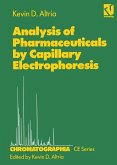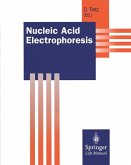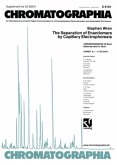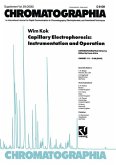During the last decade, capillary electrophoresis has been developed into a very powerful analytical technique, which has many advantages over conventional slab gel techniques. The improvement is comparable to the one occuring earlier in the field of chromatography, with the introduction of the high performance technology. How important this technique has be come, is reflected by the shear volume of papers published each month; as well as a dozen of books already published on this subject. One of the most important conferences in the field, the "International Symposium on High Performance Capillary Electrophoresis" attracts now nearly thousand people every year. As capillary electrophoresis can be applied to many different analytical problems, a spe cialization is unavoidable. This evolution is also reflected in the development of instrumen tation: whereas the first devices were designed for all possible applications, new instruments are now built, that are specialized for one particular task, e.g. DNA analysis. I very much welcome the decision of the series editor and the publisher, to edit a series ofspecialized books, covering all aspects of capillary electrophoresis. Having worked on the electrophoretic separation of DNA for many years, I am convinced that there are so many different aspects on this issue that they deserve a whole book on their own. Therefore, I was happy to agree when being asked to edit this book.
Bitte wählen Sie Ihr Anliegen aus.
Rechnungen
Retourenschein anfordern
Bestellstatus
Storno








